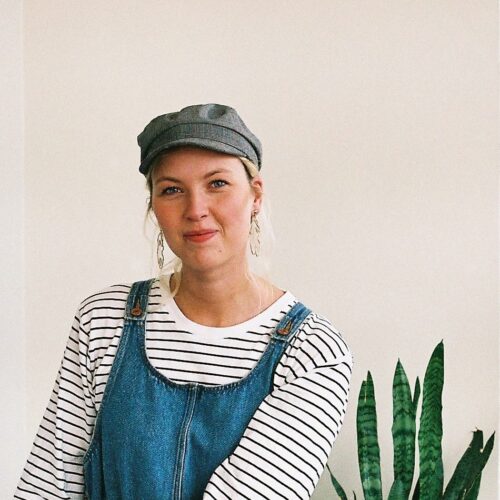
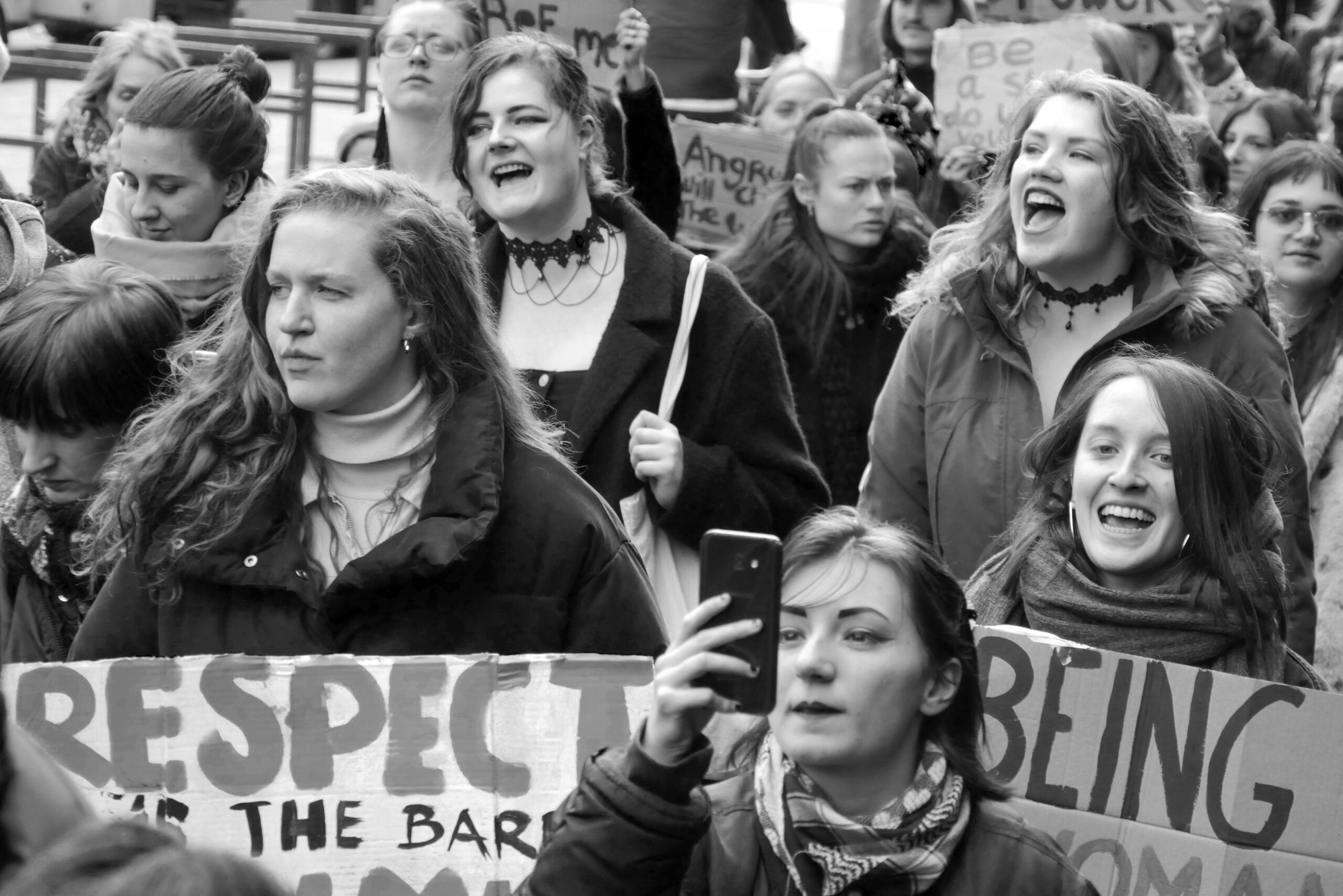
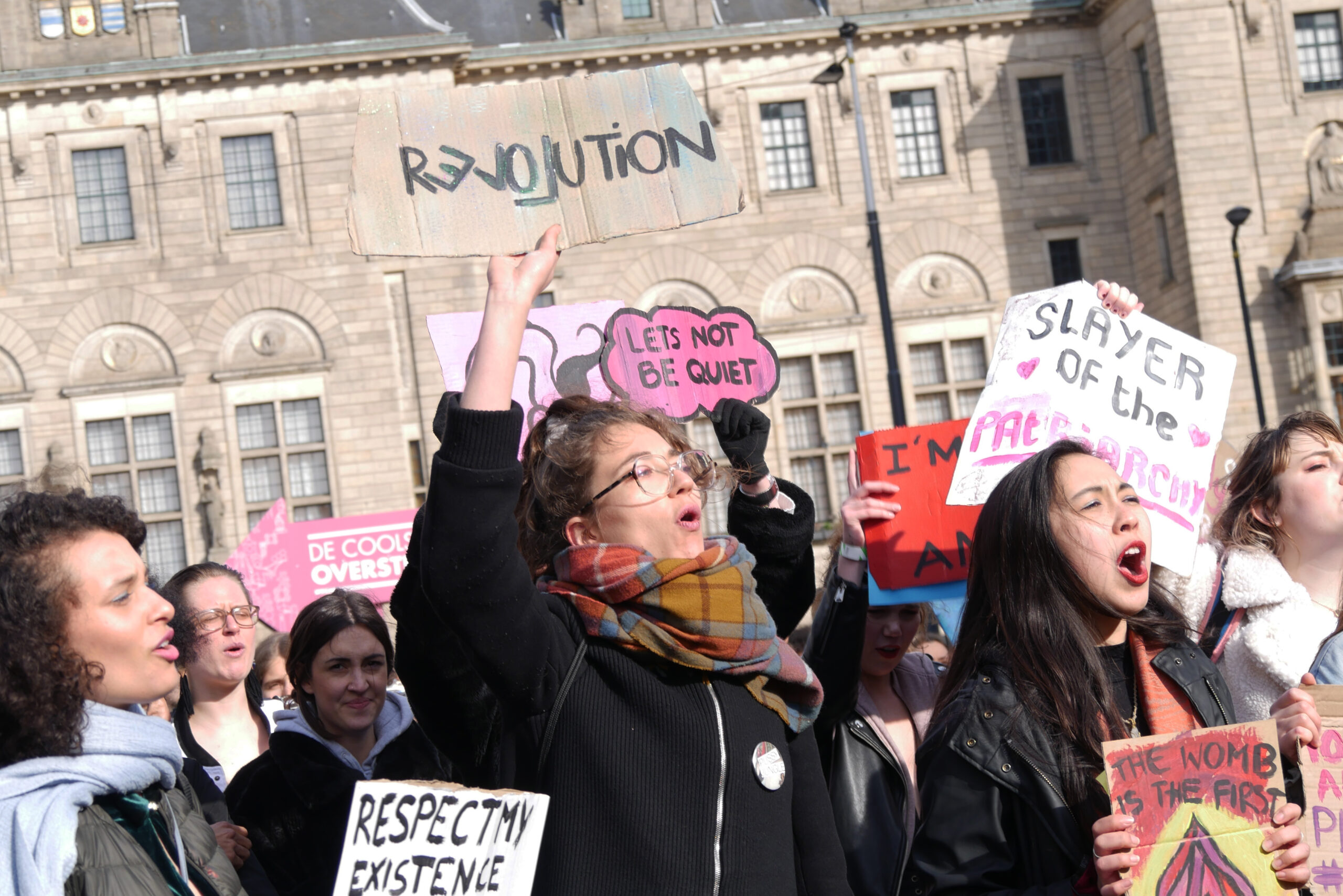
The Slutwalk was marched for the second time in Rotterdam on the International Womxn’s day earlier this year. I took the train from The Hague to join the march and celebrate feminism with people of similar mindset as me. It was a powerful group of people, led by Joana Cavaco, marching through the streets of Rotterdam, carrying banners and shouting demands. The aim of the march was to express the need for public space free from sexual harassment. Demanding safer society — without unequal treatment of genders, misogyny, machoism and discrimination.
Besides the Slutwalk itself the schedule listed an open mic, art exhibitions, concerts and panel talks. I joined the audience listening in on a panel discussion on the safety of the LGBTQIA+ community and women of colour in clubs and parties: ”Inclusivity in the nightlife and the status quo: why the night belongs to us as well’’. There were four members participating in the panel moderated by Cavaco; Amber Vineyard, the mother of House of Vineyard, Aruna Vermeulen, co-founder of the HipHopHuis, Berksun Çiçek from KLAUW and Yin Yin Wong, spokeswoman of Tender Center Rotterdam.
Participants of the panel addressed the significance of creating safe spaces for all, places intended to be free of bias, conflict, criticism or potentially threatening actions, ideas or conversations. When organising parties, club nights, balls and other events the importance of safety and the feeling of safety is major.
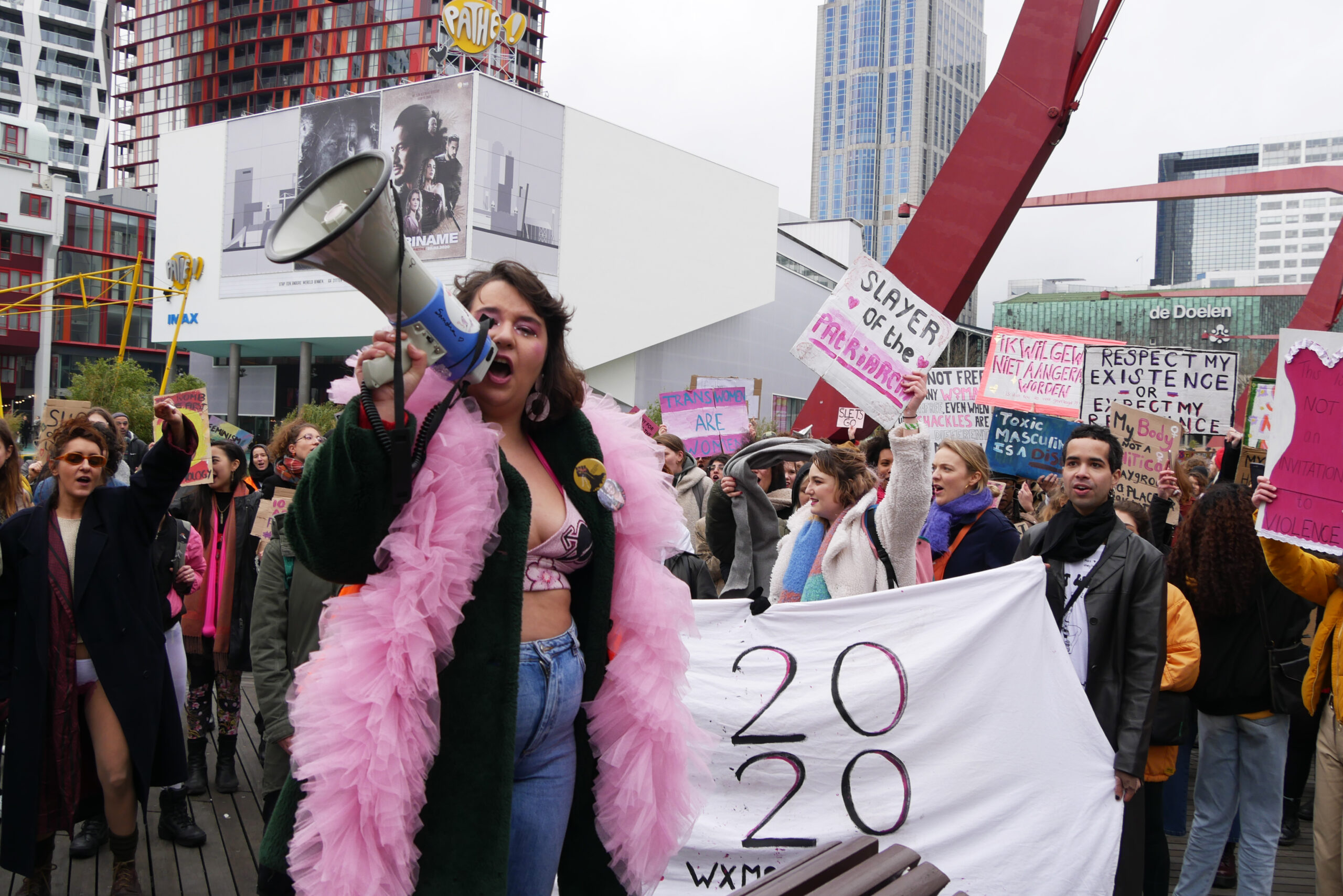
Organising queer parties and gatherings for women of colour might mean not everybody is welcome to join. Enforcing guidelines on who can join is essential to their success in creating a safer environment for marginalised groups. Although every club has it’s own policy and vibe, throughout history, queer people and black women have been more vulnerable to violent crimes and abuse than many others in clubs overall, and those participating in the panel wanted to change that.
“We have our own security in our events and we call it Sequeerity, we have a zero tolerance policy for any kind of violent behaviour. […] Some of our events are open to all. Education is the key — but it is important to stay sane, not to educate on the cost of your own mental health.”
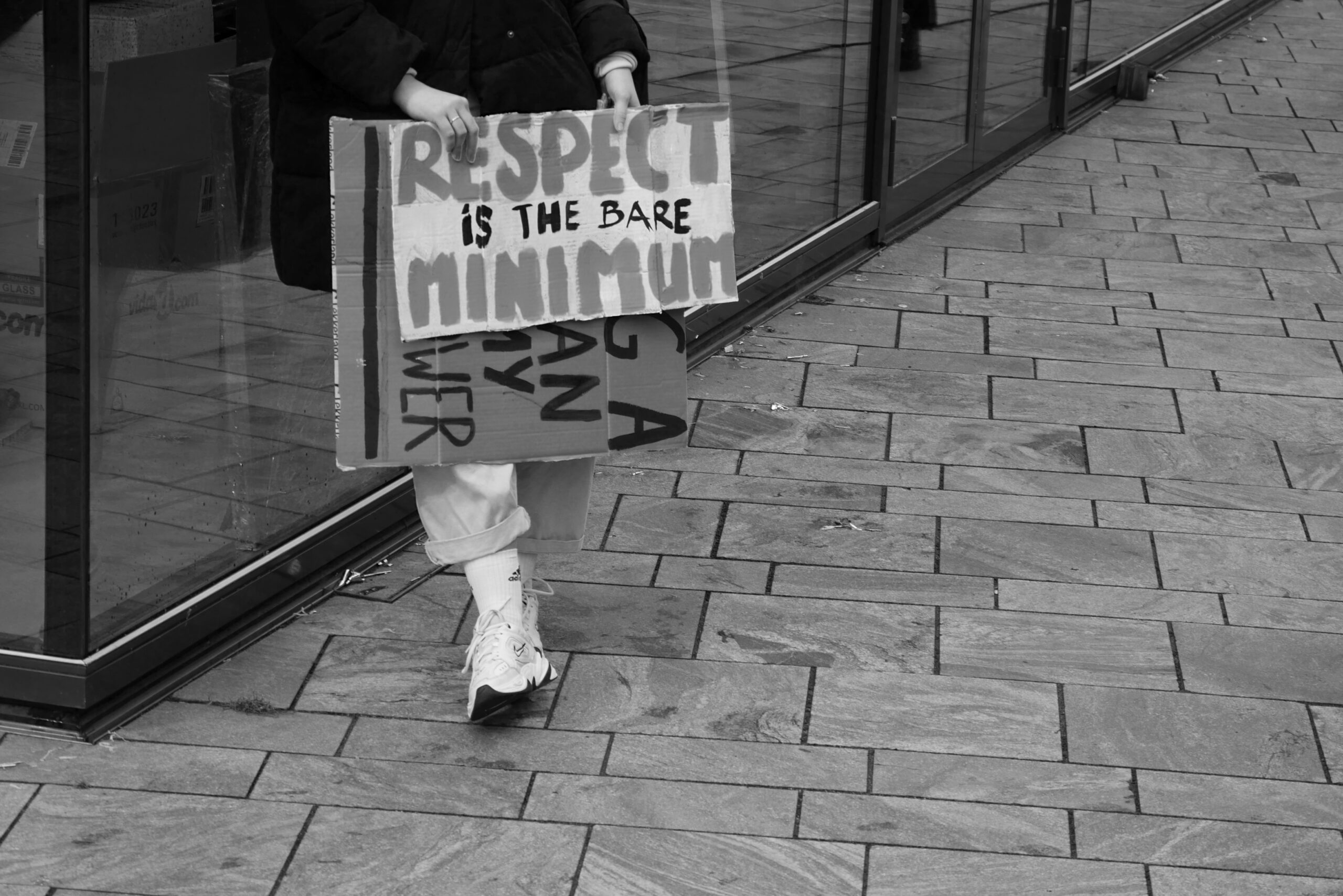
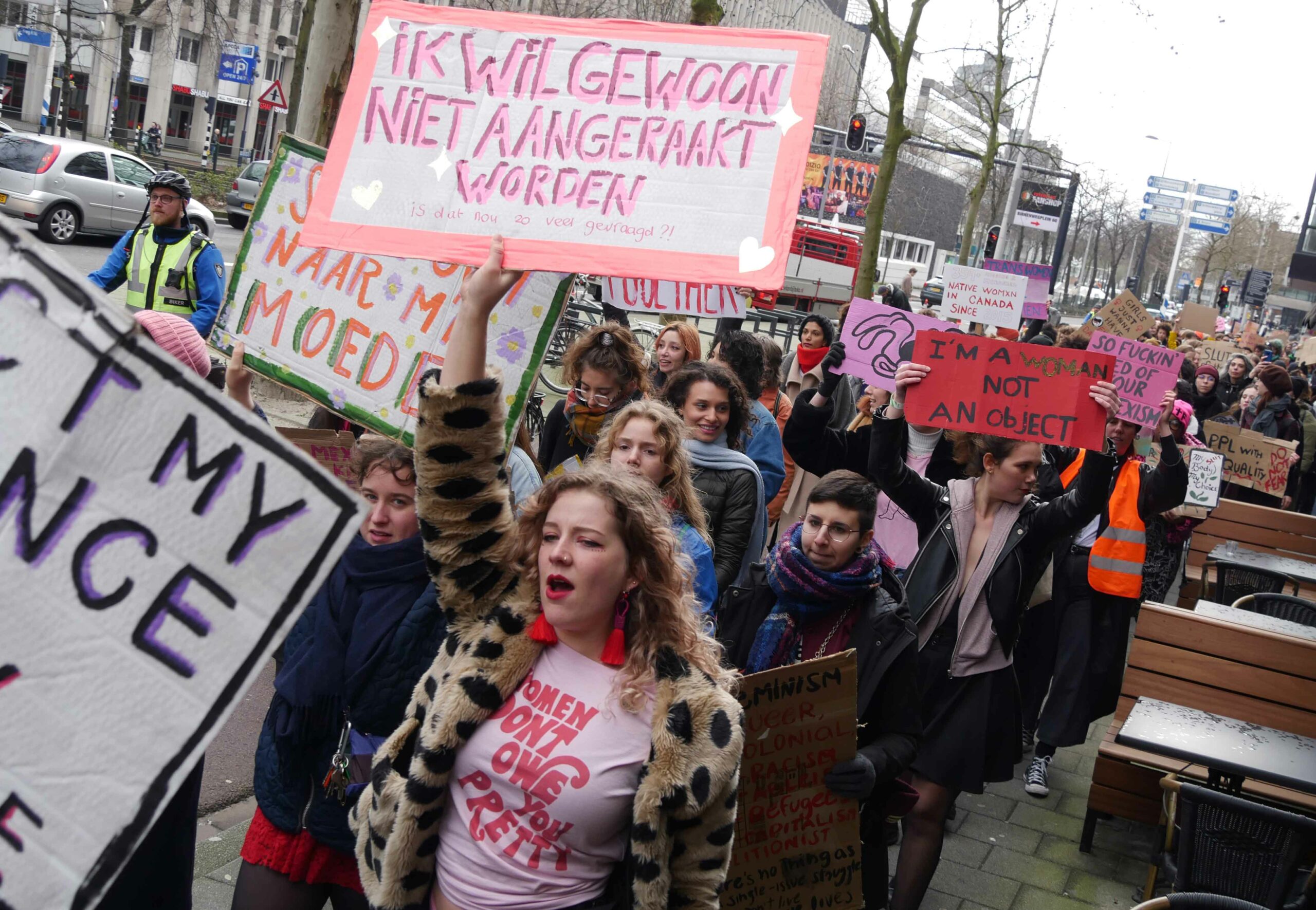
The teams maintain transparency on who the space is for and facilitate the events with communication and accountability. “We have this rule, when we start formulating the events, to ask ourselves whom we would invite to our own houseparty. And by self checking and with active communication we have been able to throw great parties in the past. […] It draws attention and people are interested in the parties we throw. Once we threw a queer party and 70% of the guests were straight — with a line of queer people outside wanting to join but the place was full. […] After that event, Amber published a status on Facebook where she asked her straight friends, who wanted to support our community, to buy tickets but to stay home.”
White privilege, gender inequality, ableism and other forms of discrimination are still a threat to the present-day world. We live within a system where certain individuals are placed lower in the social hierarchy, by individuals of higher rank. Systematic oppression of marginalised groups is in fact one of the greatest issues in modern society. Many individuals experience racism, sexism, homophobia, misogyny and other prejudice around the clock and by creating a platform where marginalised communities can speak and act freely by choice without having to justify their existence has proven to be effective. It can be used as an educational sphere for those of privilege, for those who don’t live within the history of violence and fear, but the principle for people of privilege is to listen and wait for individuals from marginalised communities to come to you — if they choose to.
Who am I to enter a space, only to meet my own curiosity and extract knowledge and experiences? Education and shared experiences are crucial components towards a better society, but it is essential that people choose to educate, that education is not extracted explicitly.
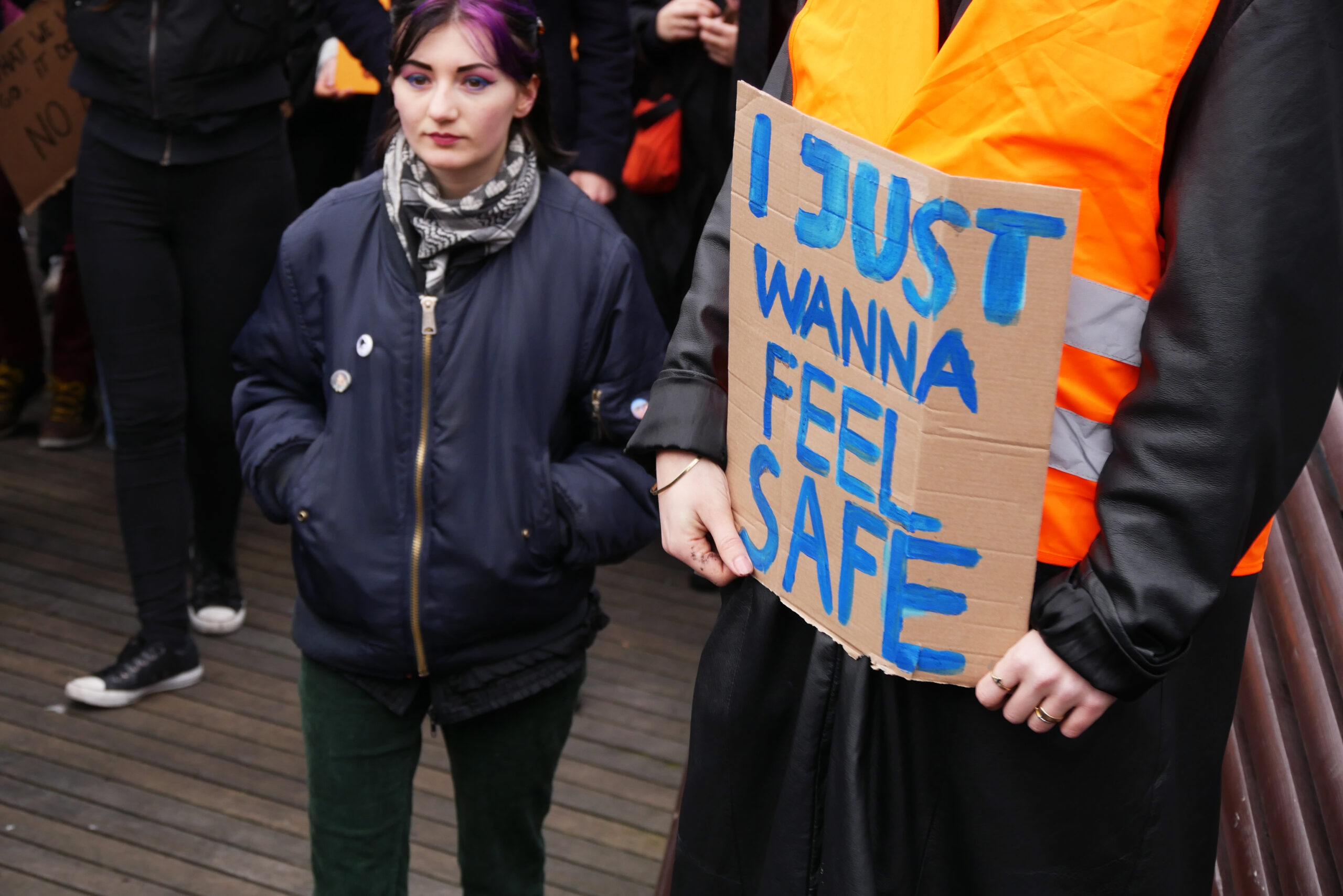
When it comes to the fight for equality there is no ‘one right way’ to reach the goal. Adversaries of safe spaces and limited access have questioned the emphasis on us vs. them. “But this is not about creating frictions in society, it is about claiming the space that is ours. We are allowed to feel safe and be safe. Lack of safety can be both turbulent and exhausting. All we want is to abolish fear and violence.” Curiosity is good, but there are other ways of learning.
By questioning behaviour and holding people accountable, sluts from all over the world raise awareness and hopefully plant seeds in the public’s mind:
Remembering to be mindful of the space we take and that belittling the pain of others is an abusive habit. Emotional safety matters and isn’t something to be mocked. “Transparency is sexy and accountability is tasty.”
Tölum um eitraða karlmennsku


My Right to Exist
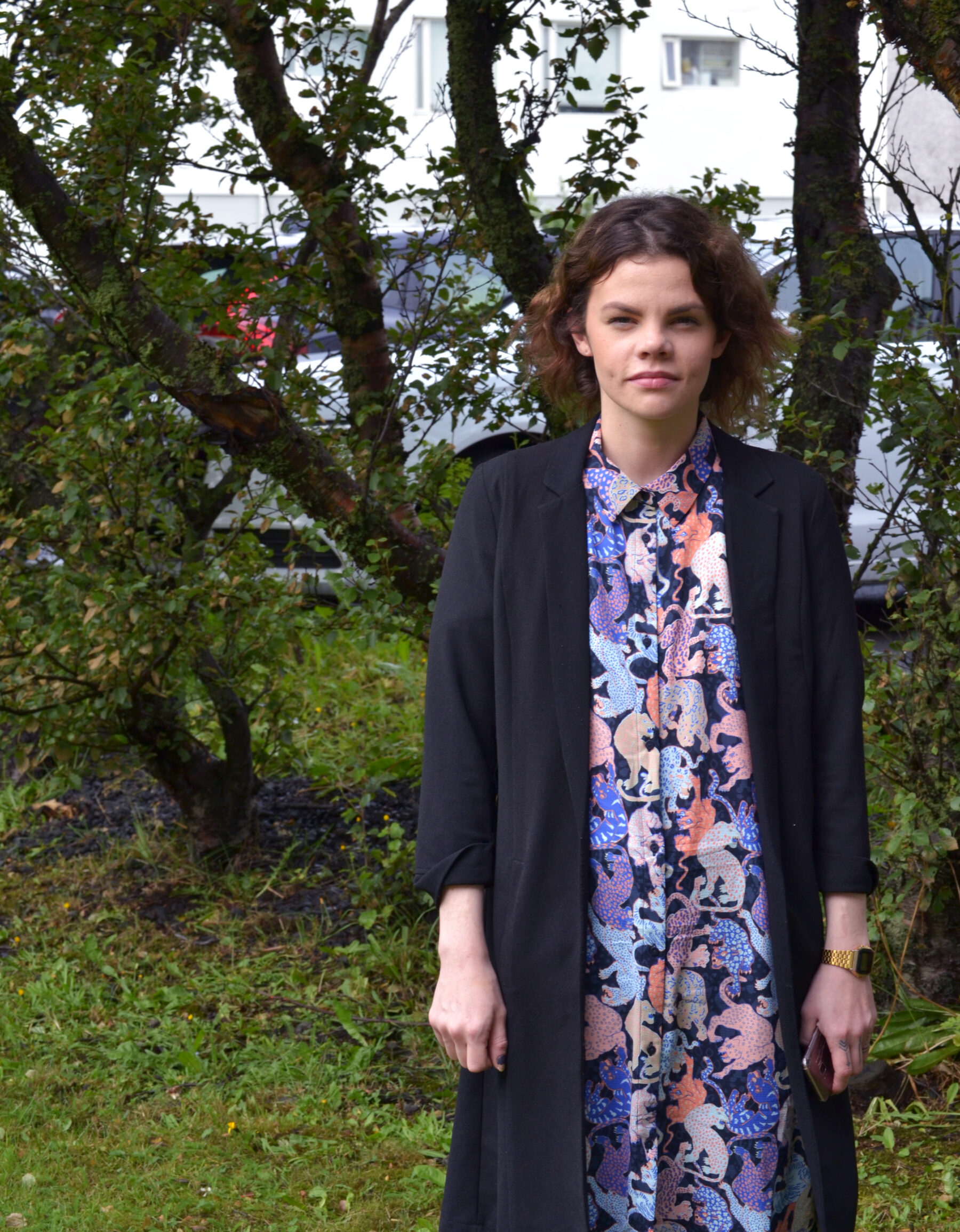

Forréttindapési
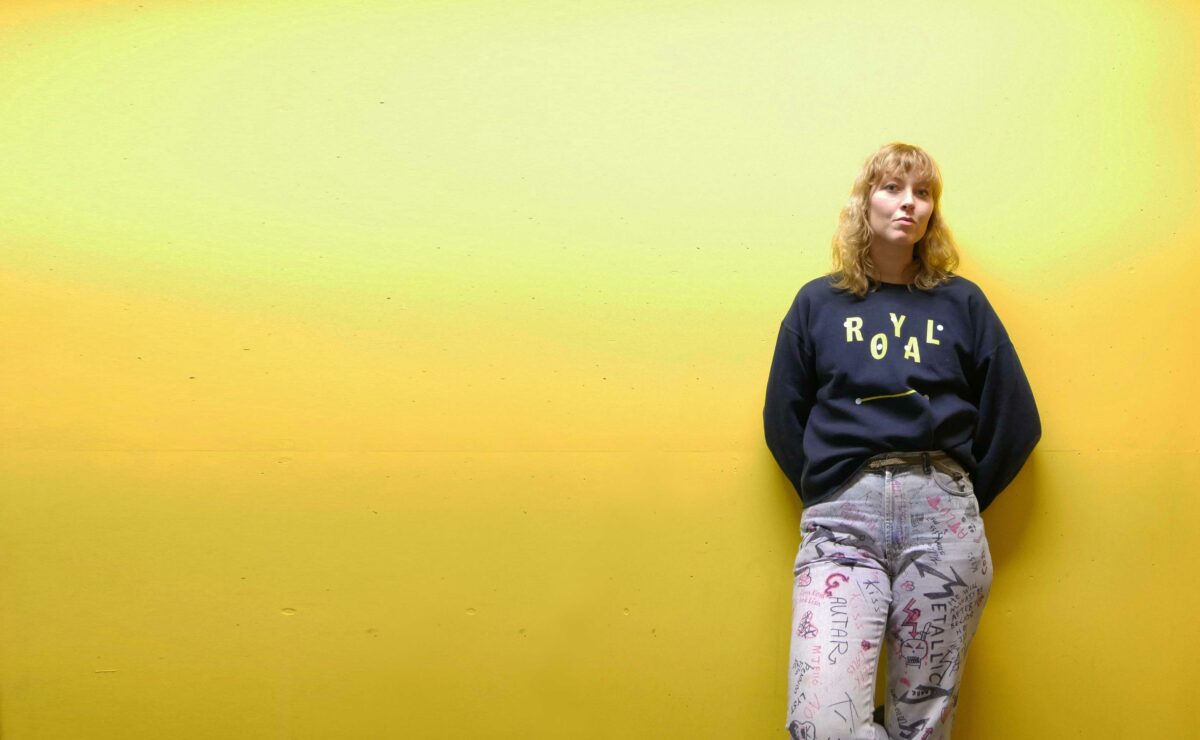
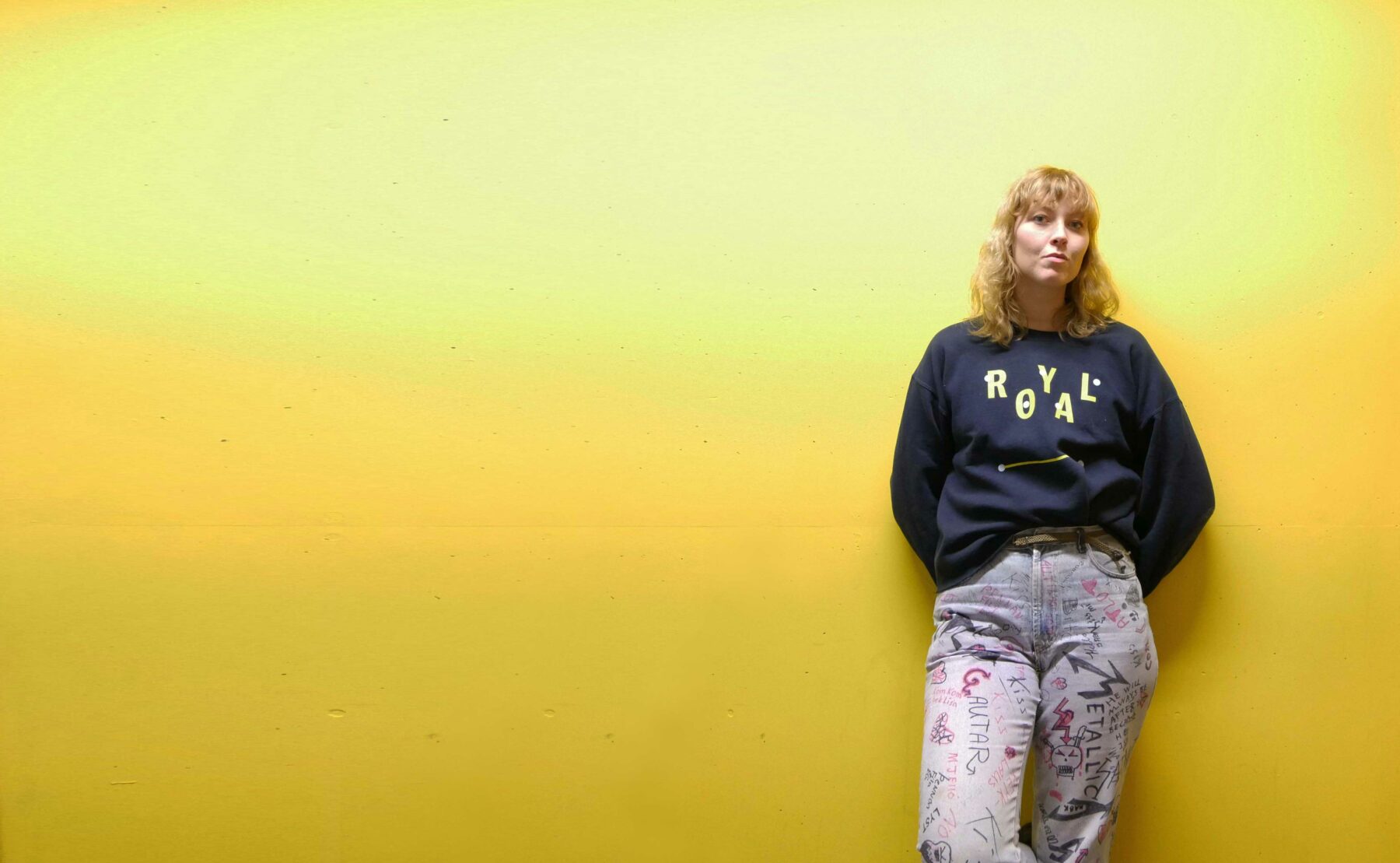
Dansara stúdía / Dance study


Read more about...
